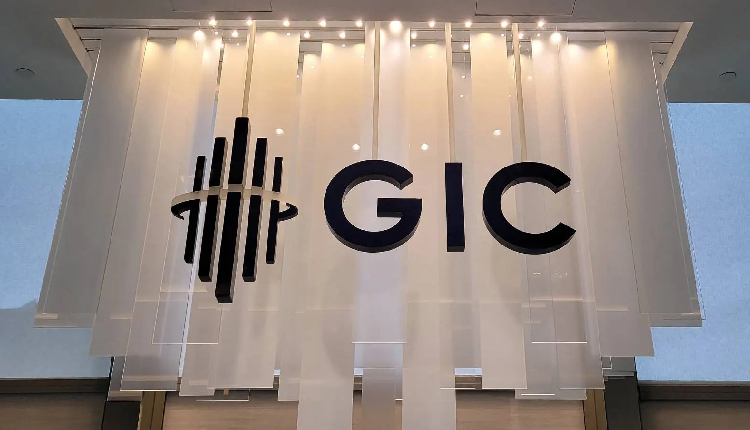Singapore’s sovereign wealth fund GIC reported its weakest investment return growth in four years, citing a challenging environment marked by high interest rates, China’s economic struggles, and geopolitical tensions.
The fund’s main performance gauge, the 20-year annualised real return, rose 3.9 per cent, down from 4.6 per cent the previous year.
Managing an estimated $770 billion in assets, GIC attributed the lower returns to the exclusion of the exceptionally strong 2004 fiscal year.
The fund acknowledged the impact of weak returns in fixed income and global equities, particularly in emerging markets.
GIC’s US investment portfolio increased to 39 per cent in the year ending March 31, 2024, up from 38 per cent the previous year.
The UK and Eurozone allocations also rose to five per cent and 10 per cent from four per cent and nine per cent, while Japan and Asia (excluding Japan) decreased to four per cent and 22 per cent from six per cent and 23 per cent respectively.
As China’s economy slows down, GIC is becoming more selective in its investments. The focus is on advanced manufacturing, industrials, and niche sectors like residential-for-rent businesses.
GIC’s group chief investment officer, Jeffrey Jaensubhakij, aims to reduce exposure to sectors with unfavorable supply and demand dynamics.
In addition to GIC, Singapore’s reserves are managed by the central bank, the Monetary Authority of Singapore, and state investor Temasek.
Temasek recently reported a 1.8 per cent gain in its net portfolio value, citing profits from investments in the US and India that offset underperformance in China.
GIC is optimistic about the potential of artificial intelligence, noting that early-stage AI companies have high valuations. Some of its AI investments include Databricks and Atlan.
GIC also sees investment opportunities in the climate transition, particularly in sectors like green steel and battery storage.
Attribution: Reuters


